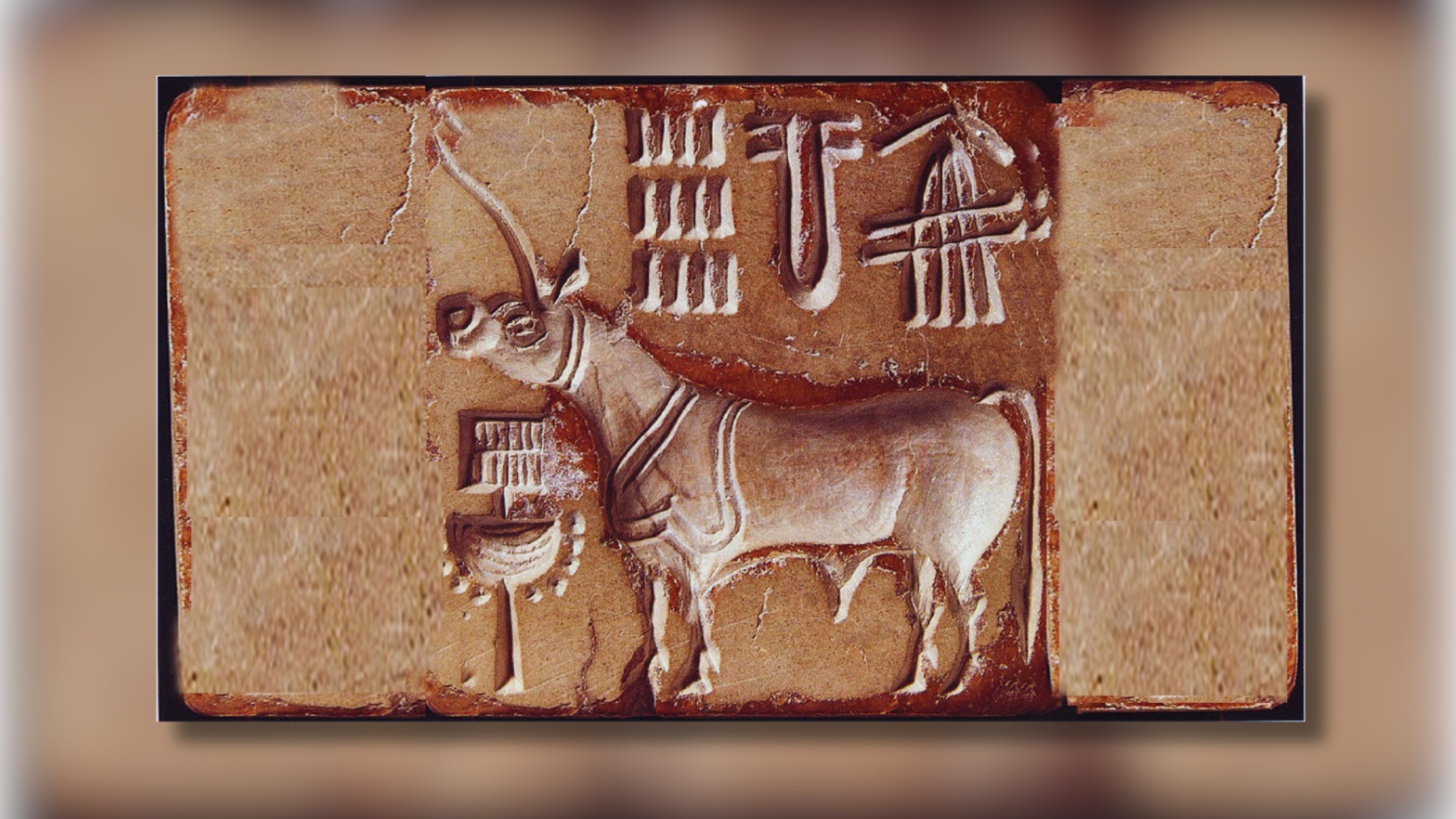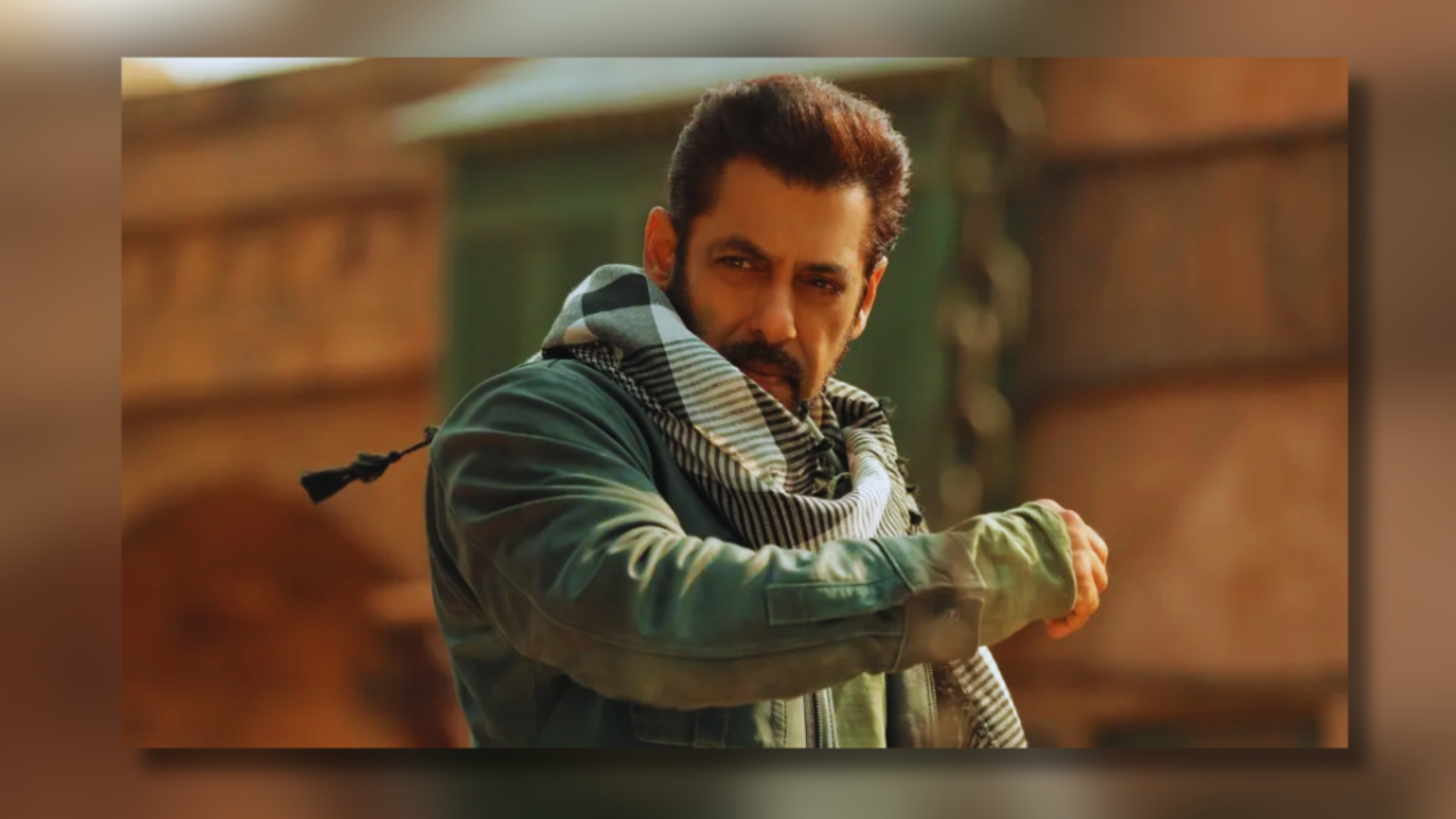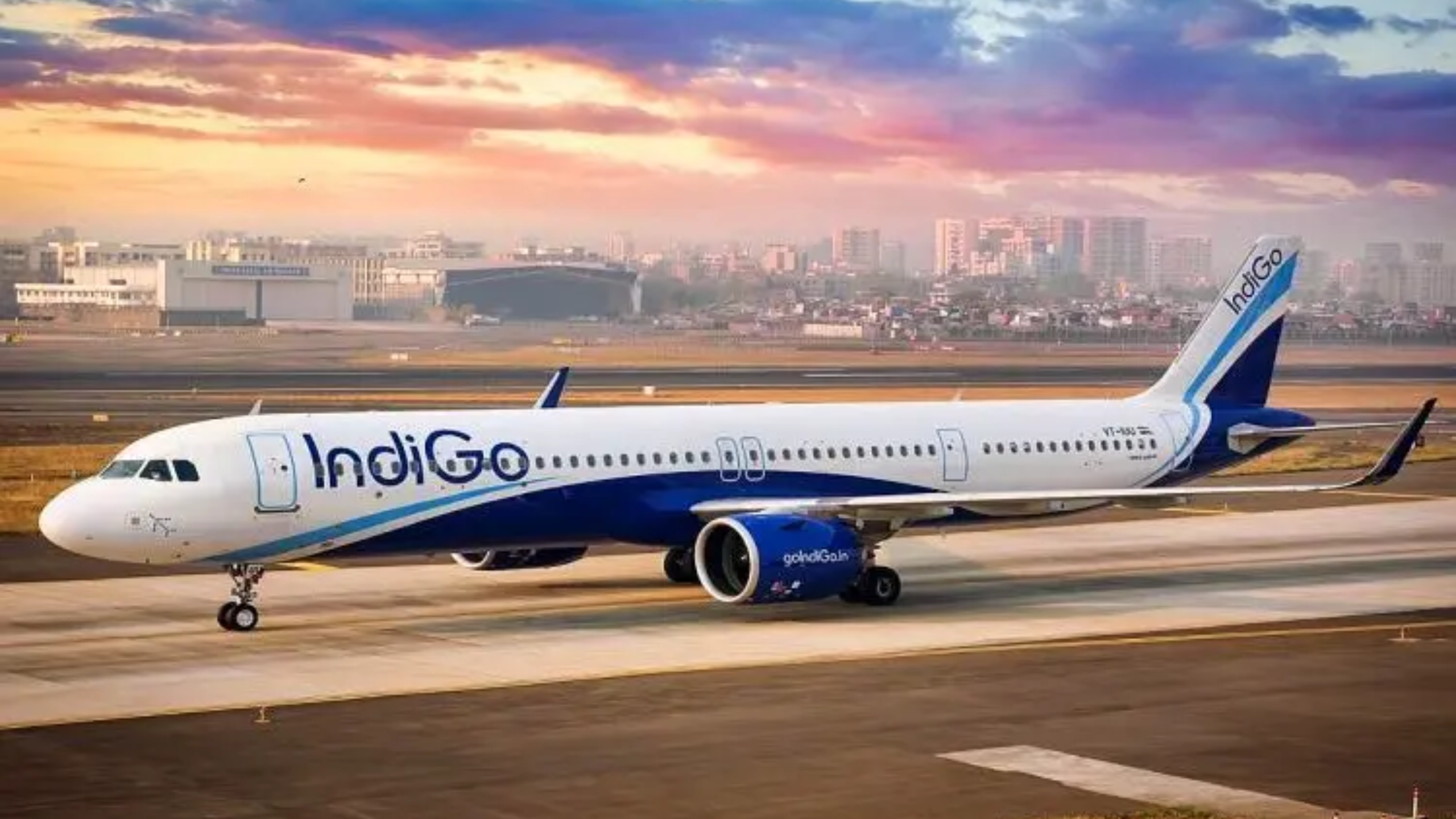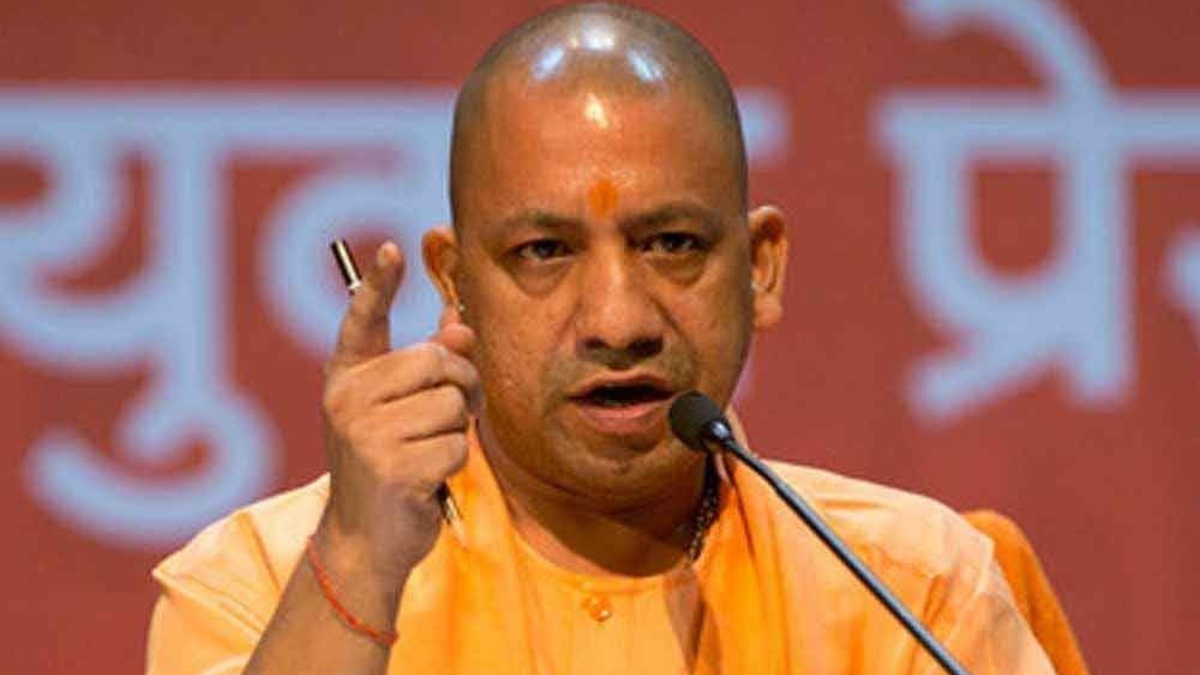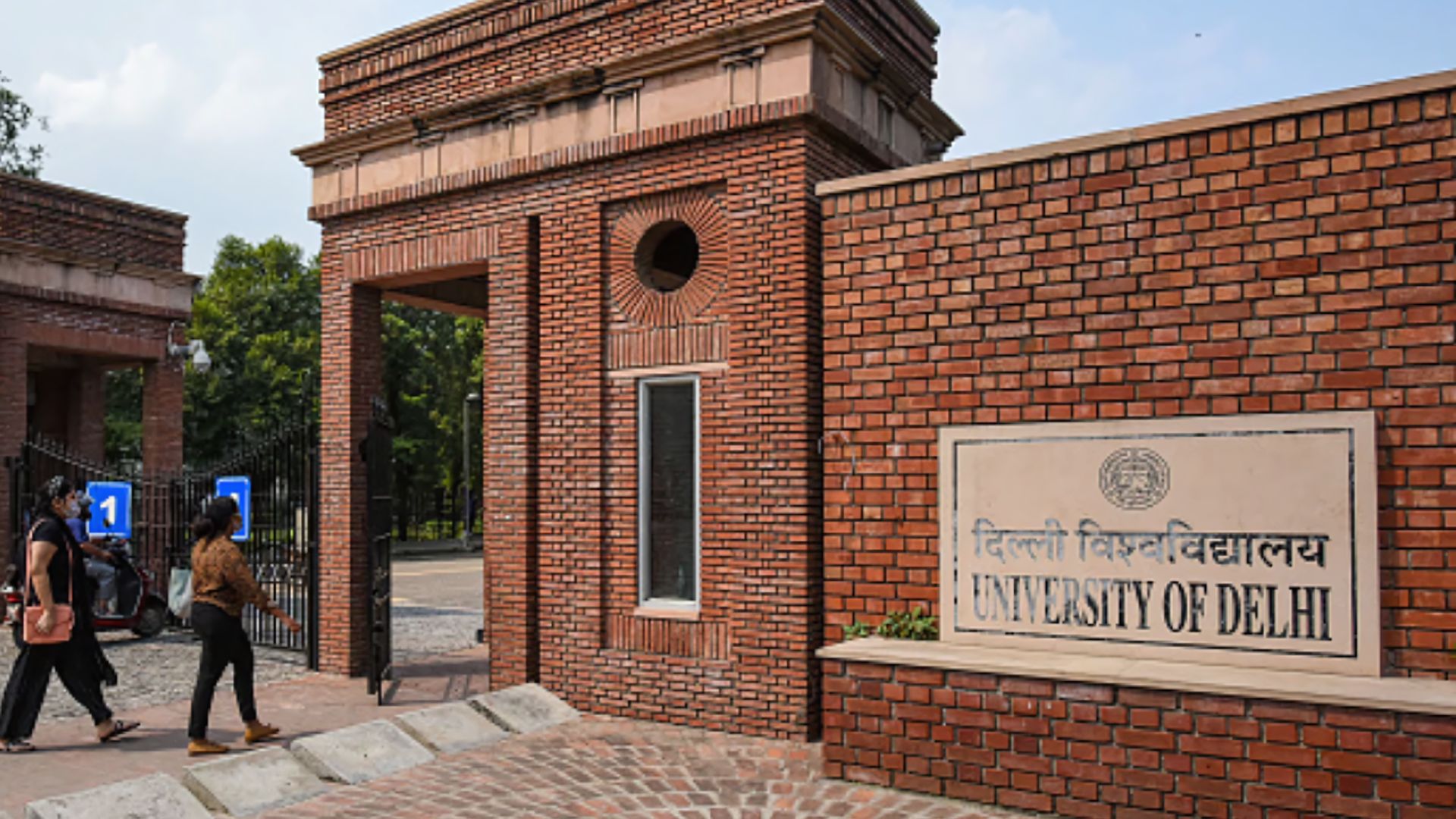


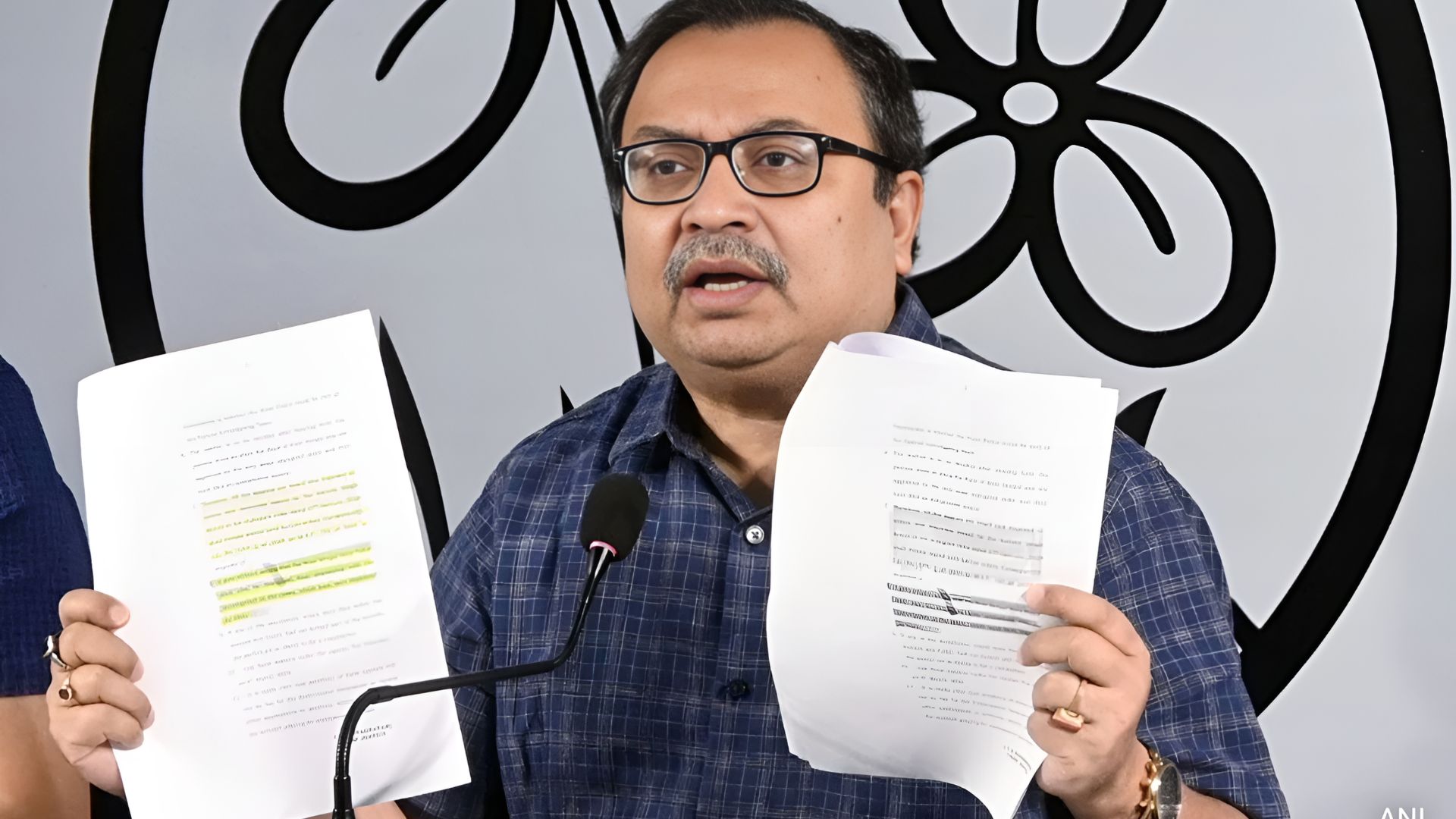
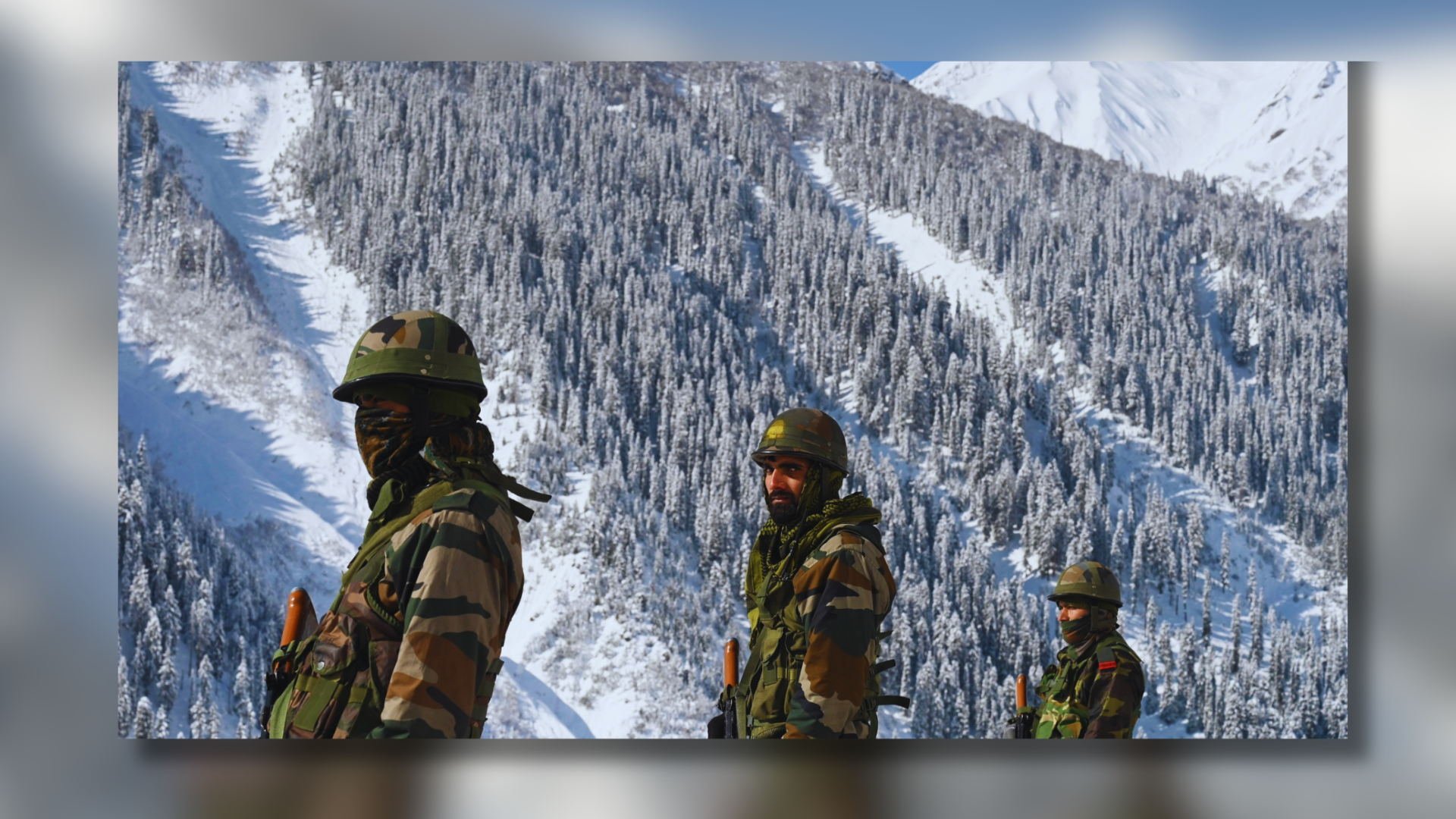
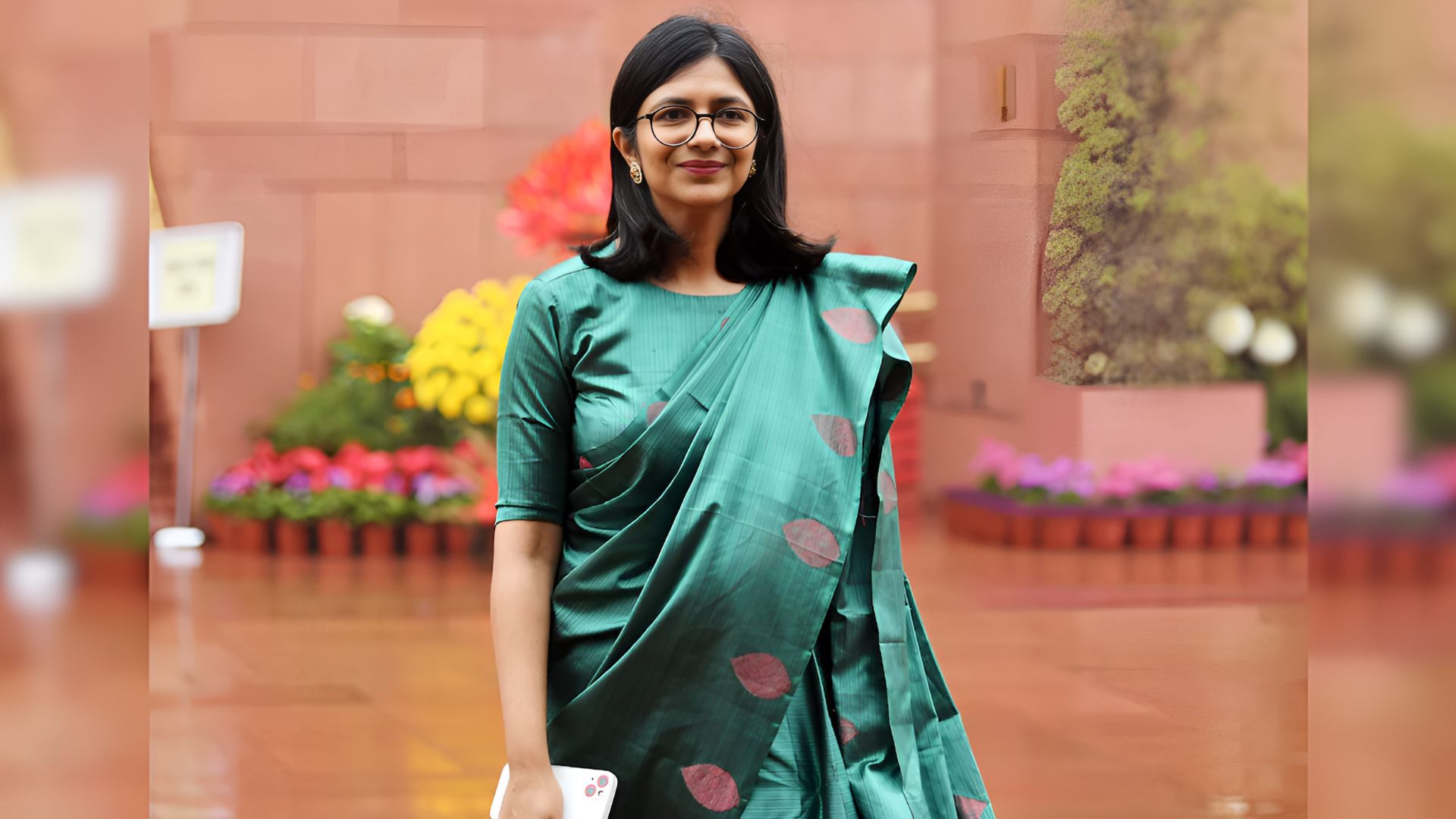
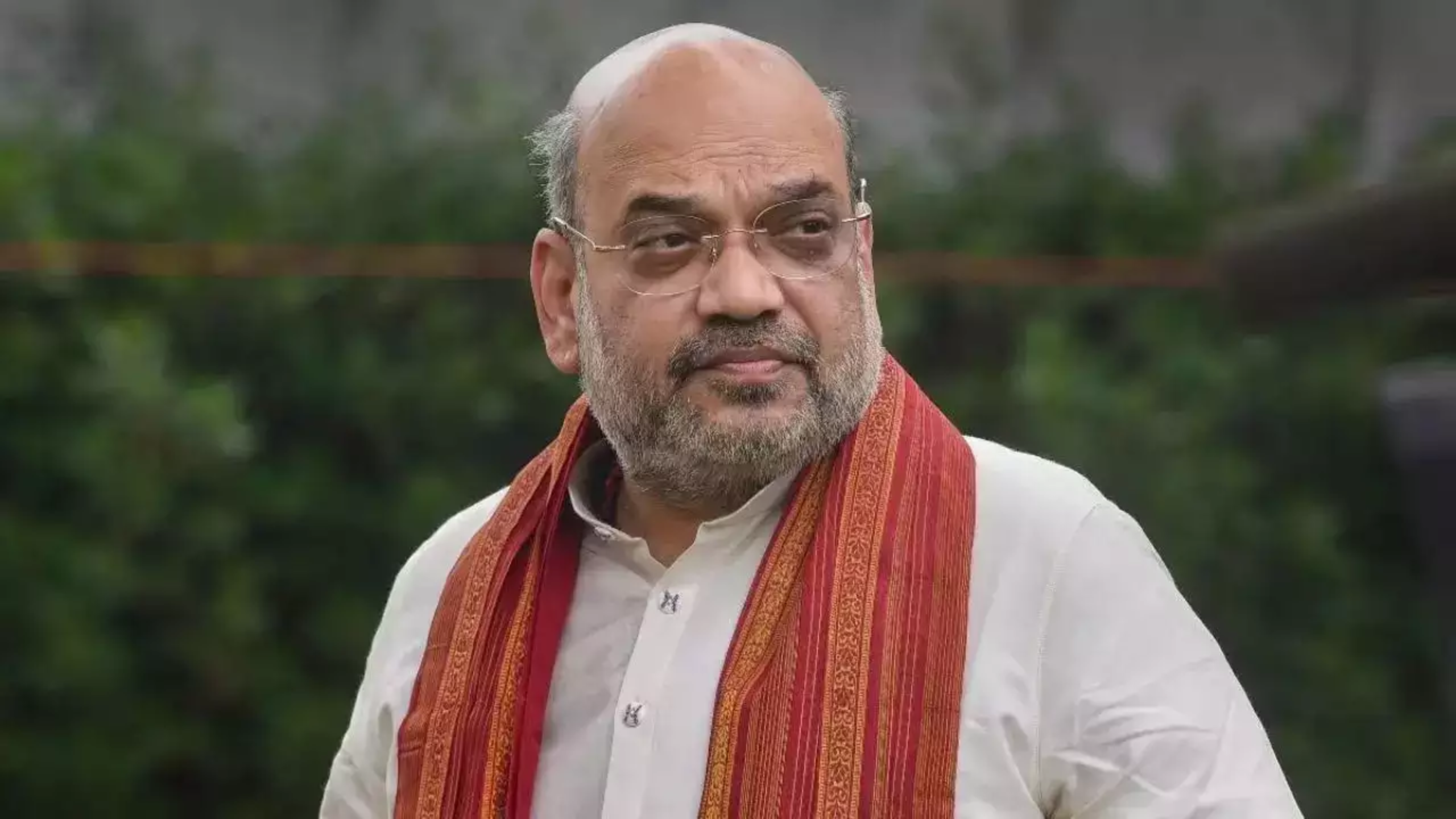
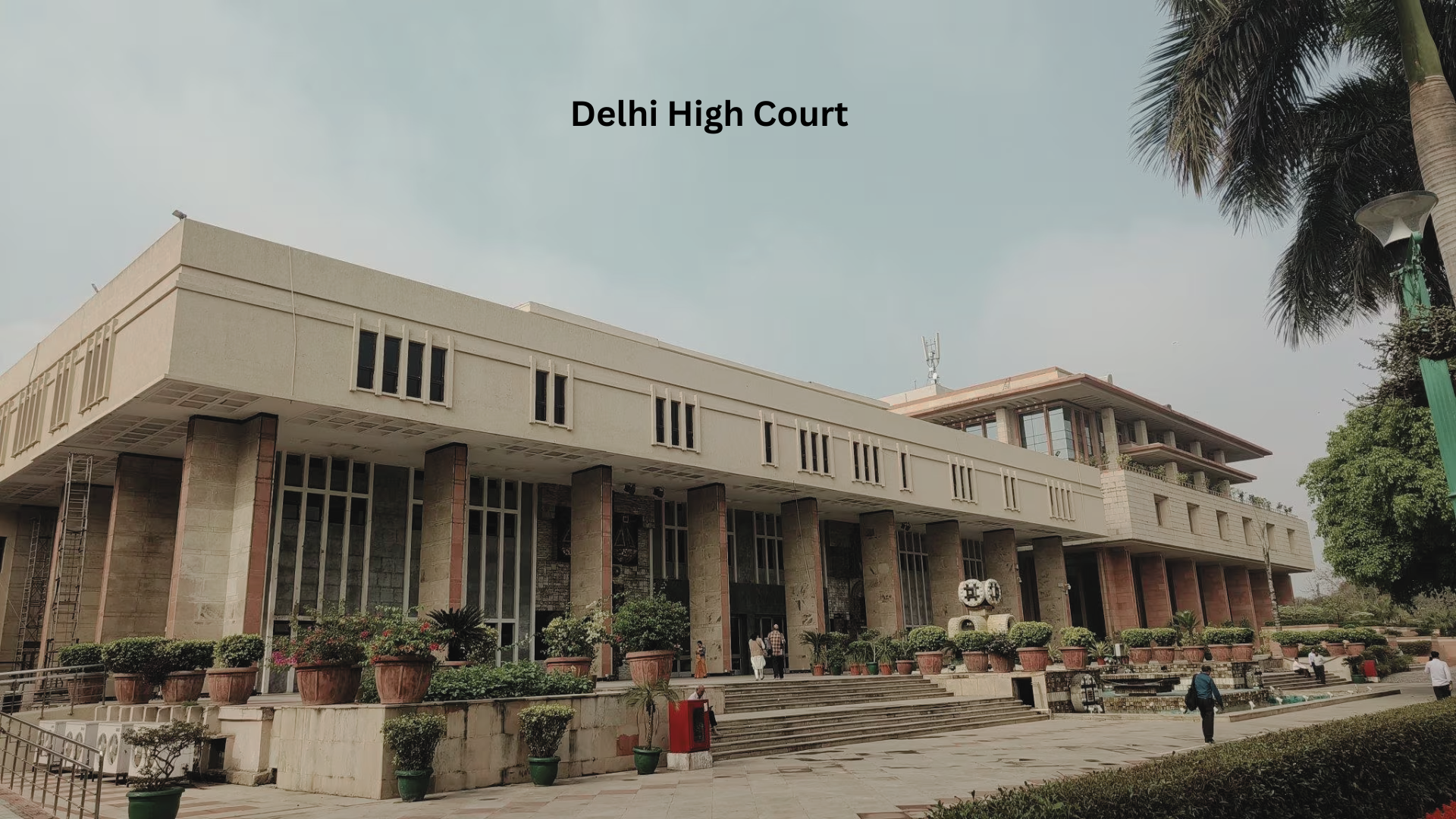
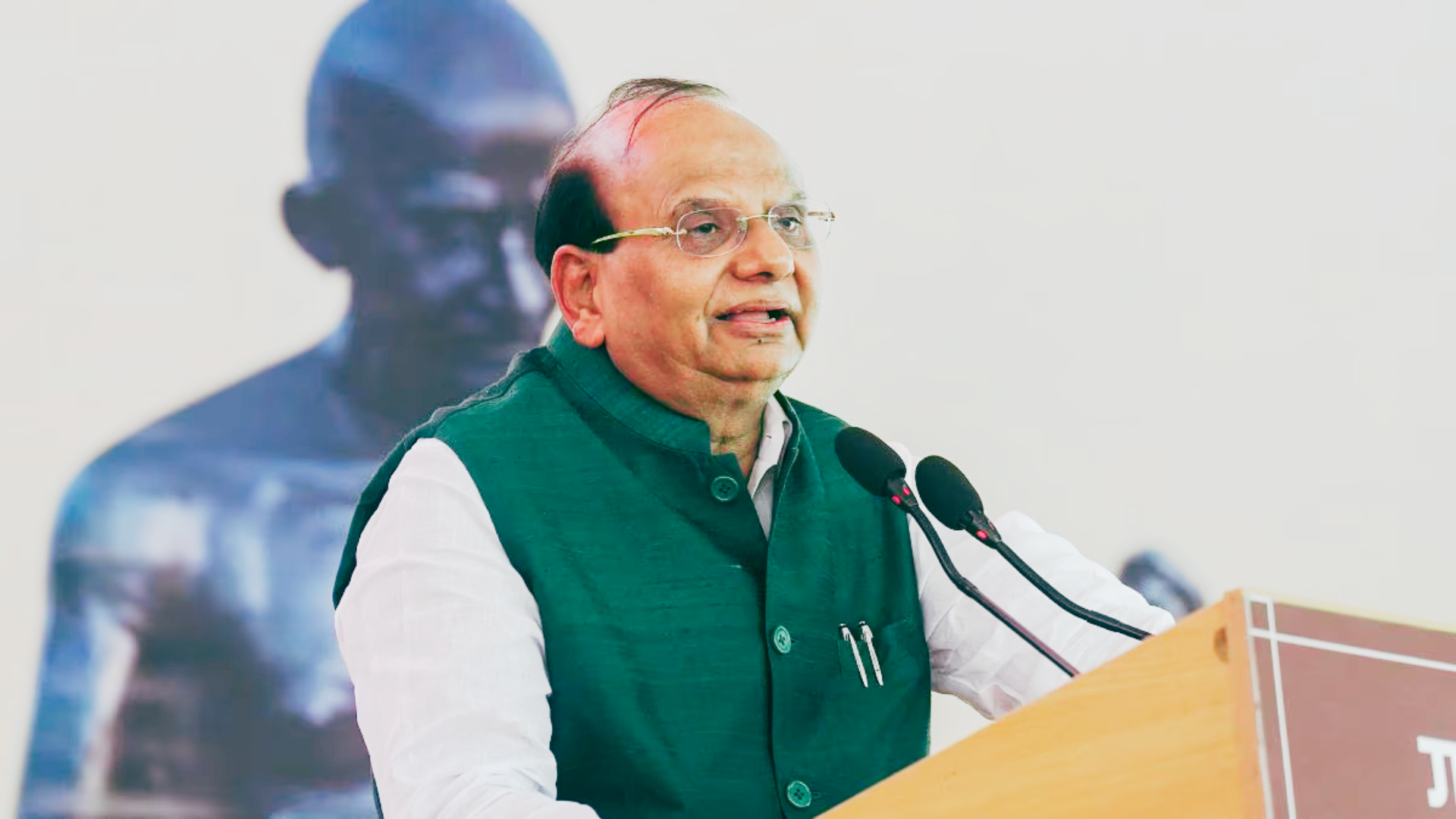
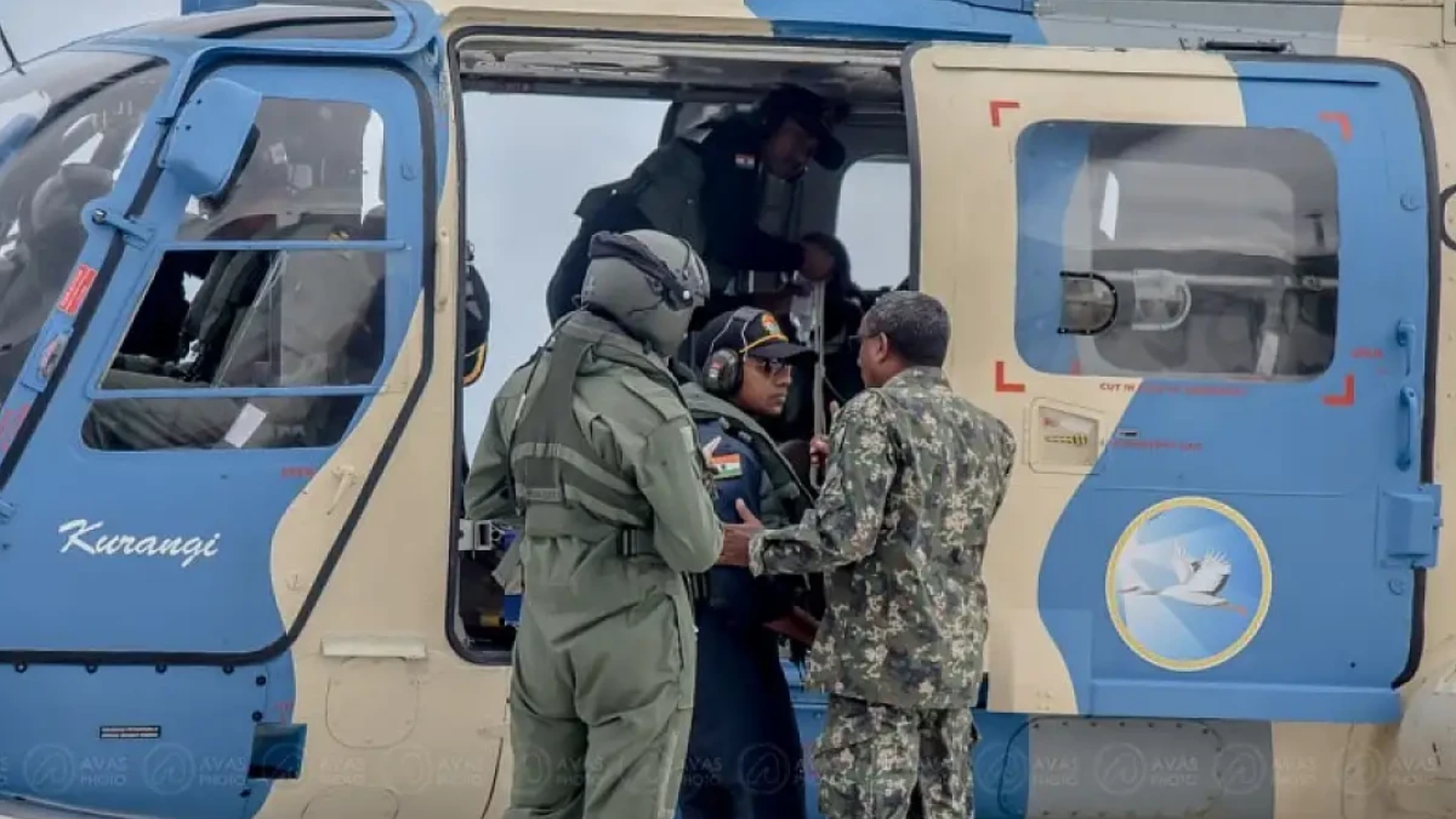
The recent arrival of the first batch of Indian workers in the Maldives is a significant step forward in the island nation’s ongoing transformation of the aviation sector. The transfer is part of an agreement between India and the Maldives to replace the Indian army with Indian experts who can operate the country’s aviation platforms. The aim of this move is to facilitate the continued operation of the essential services that this platform provides to the Maldivian people, especially social services and healthcare.
The arrival of a group of Indian citizens to Addu Atoll in the south of the Maldives to work on the helicopter is an important step in the plan to remove the Indian army from the country. The Indian army in Addu is expected to evacuate by March 10 as agreed by both governments, paving the way for civil society groups to take control of the helicopter operation. Additionally, a new plane is scheduled to arrive from India on Wednesday to avoid air disruptions.
Last month, India decided to withdraw its troops from the Maldives after high-level talks between Indian and Maldivian leaders. It has been agreed that Indian personnel will replace the army’s existing operational aviation platform in the Maldives. The decision reflects the two countries’ determination to protect the integrity of these platforms, while also addressing Maldivian concerns regarding the presence of Indian troops in the country.
The transition is expected to start on May 10, as agreed by India and the Maldives. From then on, all operational aviation platforms of the Indian army in the Maldives will be replaced by Indian experts. This phased approach allows for the transfer of responsibility and ensures continuity of essential services provided by these platforms to the Maldivian people.
The timing of the arrival of the Indian civilian team and preparation for the withdrawal of the Indian army is an important task for the stability and prosperity of the Maldives. It shows the changing perspective and importance of India and Maldives in the region. He also emphasized the importance of bilateral cooperation and dialogue to eliminate concerns and ensure stability and security in the region.
The withdrawal of Indian military forces from the Maldives took place after meetings and discussions between the two countries. The country has finally given approval for transplants to Indian doctors. The decision was seen as a good move for the Maldives, especially President Mohamed Muizou, who campaigned on the platform of withdrawing Indian troops from the country. Along with this, he also underlined the cooperation and cooperation between India and the Maldives in resolving different problems and promoting regional stability.
In conclusion, the arrival of the first group of Indian workers in the Maldives is a turning point between India and the Maldives. As the transition process progresses, the two countries will continue to work to ensure the smooth operation and operation of the Maldivian aviation platform, thereby improving the safety and health of the Maldivian people.

